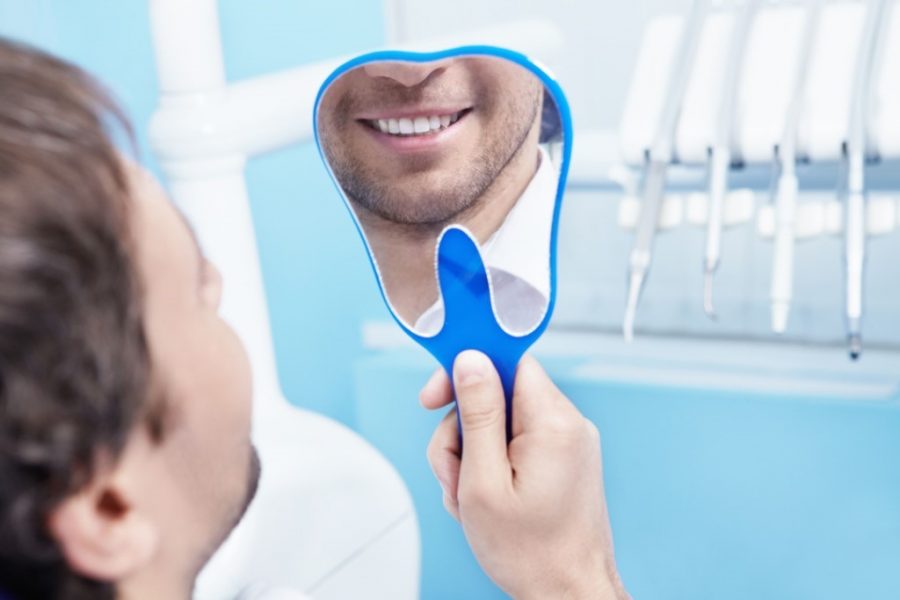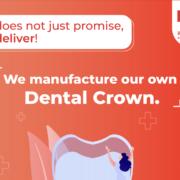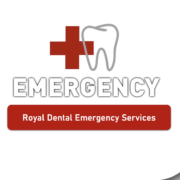Smile can make all the difference in your life. It can lift your spirits, boost your self-confidence, and convey your positive feelings to others. It can also have a positive effect on your dental health, as smiling can help keep your teeth and gums healthy. Studies have shown that smiling can reduce stress and anxiety, allowing for better oral hygiene. Smiling may also be associated with improved gum health and a decreased risk of tooth decay, as it increases saliva production and helps wash away bacteria and plaque. In addition, smiling can be a great way to show off your pearly whites, improving your appearance.
What is a smile?
It is an expression that typically forms on the lips of humans and other creatures, either as a result of happiness, enjoyment, or an attempt to communicate a message such as friendliness, amusement, or a greeting, such as a wave. It is a common human facial expression, and is also sometimes used by other animals. The smile could have evolved because it increases the amount of teeth that are visible when talking or chewing food. This may have helped people to show who they were and if they were friendly or dangerous.
Benefits of Smiling with teeth
- Smiling can reduce stress and anxiety, allowing for better oral hygiene. Studies have shown that smiling can help reduce stress and anxiety, which can have a positive effect on your dental health. As stress and anxiety can prompt an increase in bad breath, smiling can help decrease these factors and improve oral hygiene.
- It may be associated with improved gum health. One study found that people who smiled more often had healthier gums, suggesting a link between smiling and gum health. Gum disease has been linked to an increased risk of tooth decay, as bacteria from the mouth can travel to the teeth if it is left untreated. So, if smiling can improve gum health, it may also decrease the risk of tooth decay.


- Smiling can be a great way to show off your pearly whites, improving your appearance. Smiling can improve your appearance by showing off your pearly whites and making you appear more attractive. This can be especially helpful if you are feeling self-conscious about your appearance, as it can help you feel more confident.
- Finally, smiling can even help you feel happier and more positive, which can help you stay motivated and on track with your dental care.
How smiling affects your dental health?
Smiling may increase saliva production and help wash away bacteria and plaque. One reason smiling can have a positive effect on oral hygiene is that it can increase saliva production, helping to wash away bacteria and plaque. Saliva is important for oral health because it can wash away bacteria, decrease the acidity of the mouth (which can otherwise lead to tooth decay), and strengthen teeth.
Increased saliva production may also be responsible for a decrease in tooth decay. Studies have shown that smiling can reduce the amount of plaque that forms on teeth, which can help decrease the risk of tooth decay. Smiling may be associated with a decreased risk of tooth decay. In addition to the above benefits, smiling could help decrease the risk of tooth decay, meaning you can keep those pearly whites for longer.
Smiling and improved gum health
Bad breath can be a sign of poor oral hygiene and an increased risk of gum disease. Therefore, keeping your mouth clean and fresh can help prevent gum disease and improve your oral hygiene. There are many ways to keep your mouth clean, such as using a tongue scraper and flossing regularly. Interestingly, studies have also found that smiling can help improve gum health.
This could be due to the increased saliva production smiling can trigger, which can help wash away bacteria and strengthen the gums. Smiling may be associated with improved gum health, which can help decrease the risk of gum disease. Gum disease can increase the risk of tooth decay, as bacteria can travel from the gums to the teeth. Therefore, if smiling can help improve gum health, it can also decrease the risk of gum disease.
Smiling and decreased risk of tooth decay
Tooth decay, or dental caries, is a bacterial infection that can progress through the hard tissues of the teeth (enamel and dentin) and the softer tissues inside the tooth (pulp). There are many factors that contribute to dental caries, including the amount of bacteria in the mouth, the acidity of the mouth, and the presence of sugars. Therefore, it is important to practice proper dental hygiene to avoid developing tooth decay.

Smiling could be a great way to decrease the risk of tooth decay. While smiling, more saliva is produced and floods the mouth. This can help dilute acids and wash away any sugars, which can inhibit tooth decay. In addition, smiling may help decrease the amount of bacteria in the mouth. This can help reduce the risk of tooth decay, as bacteria could be an important factor in causing the infection.
Smiling as a way to show off your pearly whites
Not only can smiling help improve your oral health, but it can also be a great way to show off your pearly whites, which can be particularly helpful if you are self-conscious about your appearance. Showing off your smile can not only boost your confidence, but it can help you make new friends and improve your social life. There are many ways to improve your smile, including whitening your teeth, getting a teeth cleaning, and using dental products such as mouthwash, floss, and toothpaste.
Smiling to feel happier and more positive
Beyond the benefits it can bring to your dental health, smiling can also be a great way to feel happier and more positive. Smiling can help improve your mood and help you feel less stressed, which can help make your day go by more smoothly. In addition, smiling can help you get positive attention and make new friends, which can help you feel more fulfilled.

Smile is an emotion. A beautiful one without any reason is the smile of the existence. Totally worth it!
Dr. Chirag Chamria
Tips for improving your smile
- Practice good oral hygiene. Having a healthy smile is important, but it can be difficult to maintain if you have bad breath. Brushing your teeth twice a day, flossing once a day, and using mouthwash can help improve your oral hygiene.
- Find a positive outlet. You can also try to find a positive outlet for negative feelings and stress, such as yoga, or meditation.
- Invest in a good smile. It can make all the difference in your life, so you may want to consider investing in a good smile. This can include getting regular teeth cleanings and teeth whitening, if necessary.
Conclusion
A smile can make all the difference in your life. It can lift your spirits, boost your self-confidence, and convey your positive feelings to others. It can also have a positive effect on your dental health, as smiling can help keep your teeth healthy. Studies have shown that smiling can reduce stress and anxiety, helping you to improve oral hygiene.






